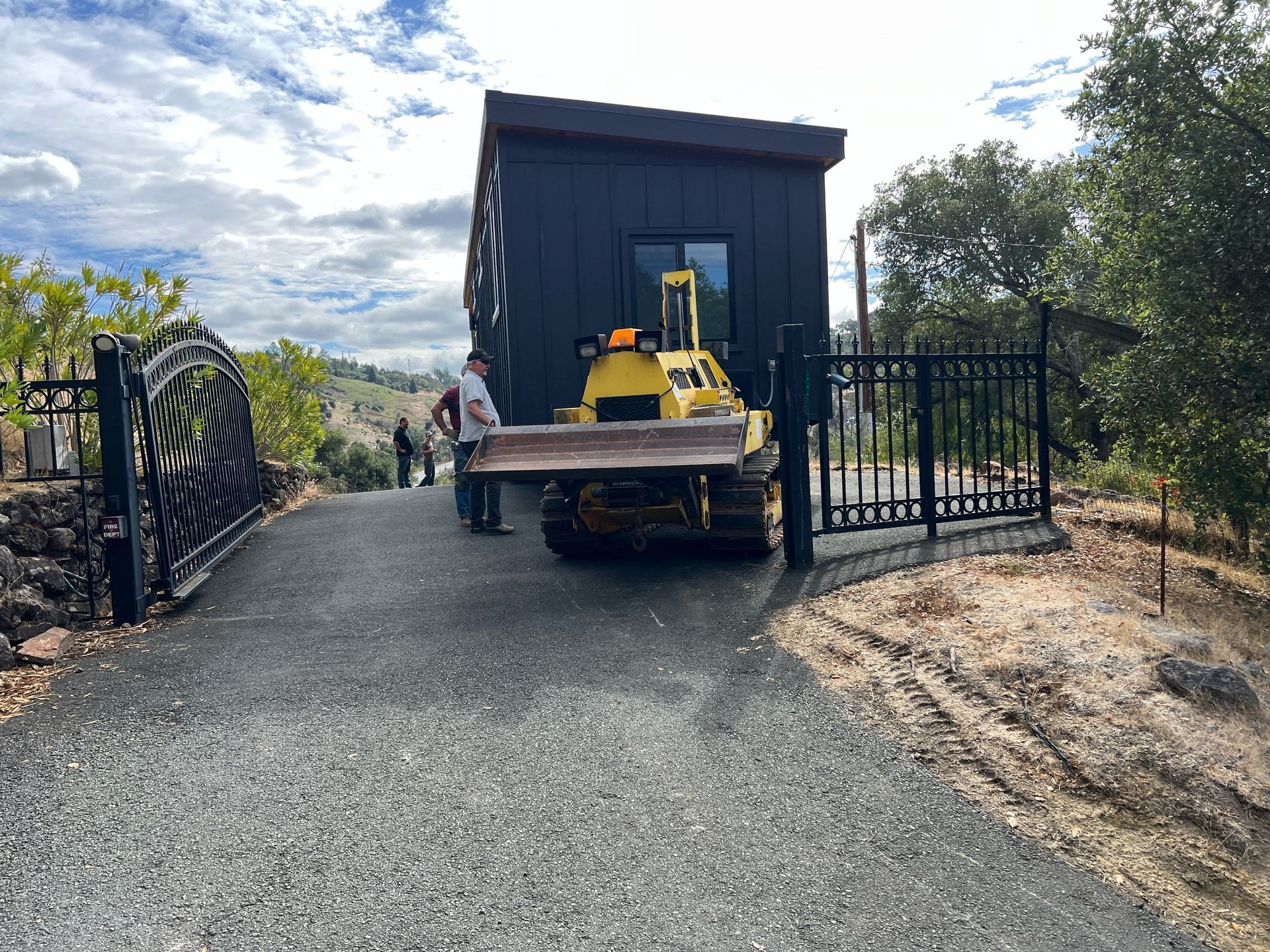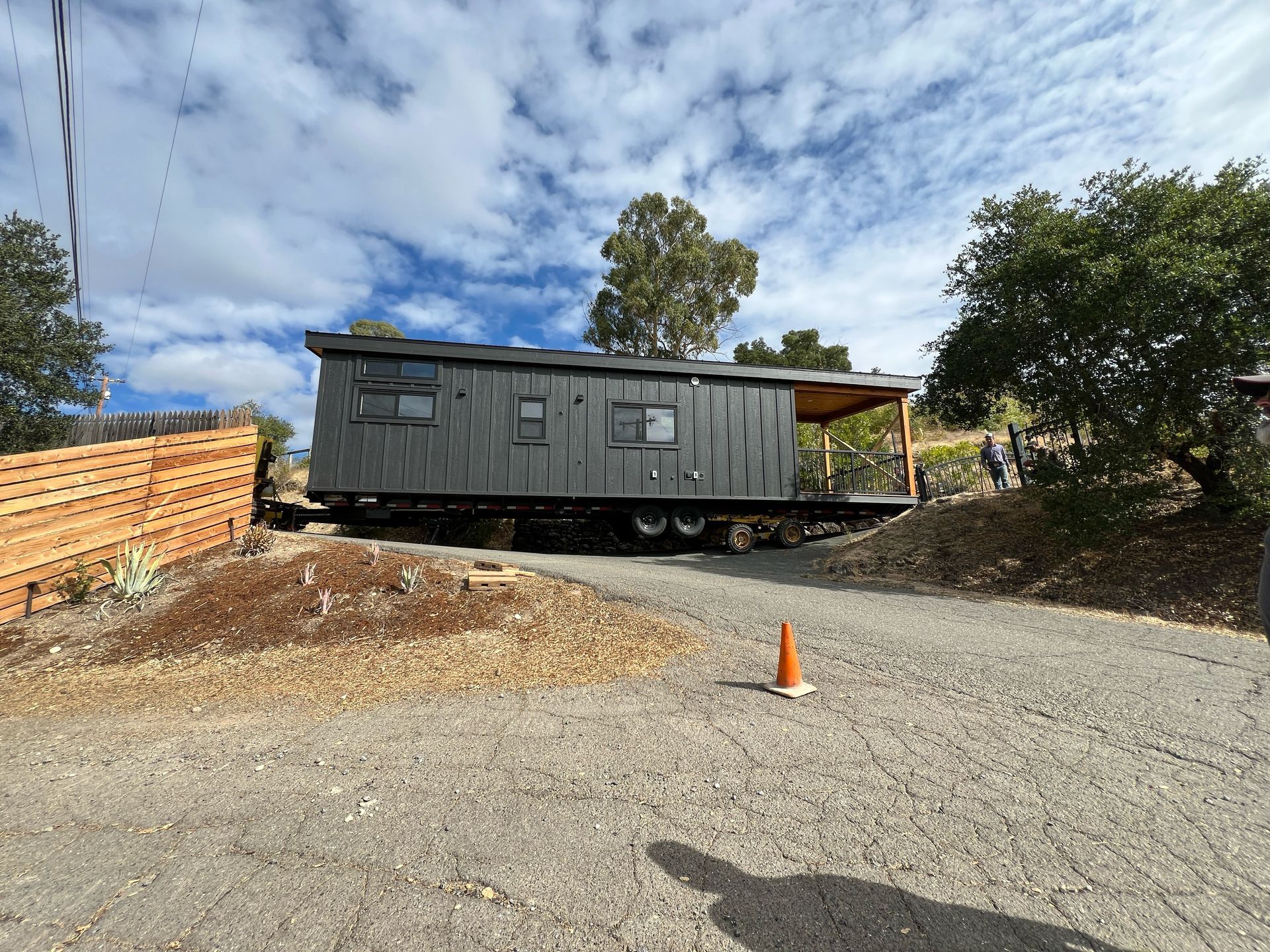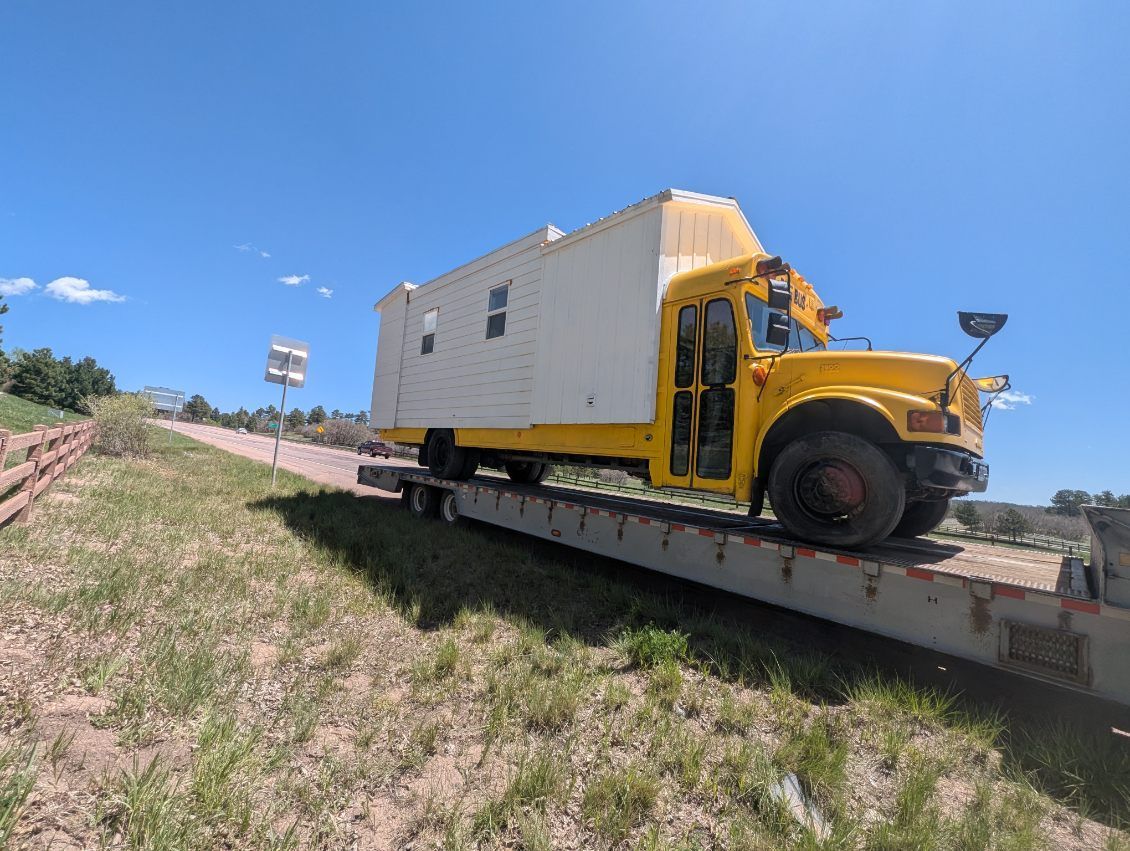What Does a Transportation Broker Do to Secure Loads for Carriers and Partners?
- By Evan Nieves
- •
- 07 Jan, 2025
- •

What Does a Transportation Broker Do to Secure Loads for Carriers and Partners?
In the fast-paced world of logistics and transportation, transportation brokers play a pivotal role in ensuring that goods move efficiently from point A to point B. But what exactly does a transportation broker do to secure loads for carriers and partners? Let’s break it down.
Understanding the Transportation Broker’s Role
A transportation broker acts as a middleman between shippers who have freight to move and carriers who have the capacity to haul it. They bridge the gap by matching the shipper’s needs with the carrier’s capabilities, ensuring that both parties—and ultimately, the end customers—are satisfied.
The broker’s job doesn’t stop at making the connection. They provide value by handling logistics, negotiating rates, managing relationships, and ensuring the smooth execution of each load. Here’s how brokers secure loads for carriers and partners:
- Market Their Services: Brokers actively reach out to shippers via cold calls, emails, and networking events to establish new business relationships.
- Develop Long-Term Partnerships: By consistently providing reliable service, brokers earn trust and repeat business from shippers.
- Understand Freight Needs: Brokers learn the specific requirements of each shipper, such as load size, timelines, and any special handling instructions.
- Post available freight for carriers to bid on.
- Search for carriers with available capacity.
- Monitor market trends to identify the best opportunities for their carriers.
- Analyze Market Conditions: Brokers stay informed about fuel prices, lane demand, and seasonality to negotiate competitive rates.
- Advocate for Carriers: They ensure that carriers are compensated fairly, factoring in operational costs and driver satisfaction.
- Create Win-Win Solutions: By balancing the needs of shippers and carriers, brokers foster long-term partnerships.
- Verify carrier credentials, including insurance and authority.
- Assess safety records and compliance with industry regulations.
- Match loads to carriers with the right equipment and expertise.
- Scheduling Pickups and Deliveries: Brokers communicate with both shippers and carriers to align schedules.
- Tracking Shipments: They use GPS and tracking tools to monitor the load’s progress and provide updates.
- Resolving Issues: If delays or problems arise, brokers act as problem-solvers to keep shipments on track.
- Provide detailed load confirmations outlining terms and rates.
- Offer quick pay options to support carrier cash flow.
- Maintain transparency in financial transactions to build trust.
- Maintain open communication with shippers and carriers.
- Address concerns promptly to keep all parties satisfied.
- Continuously seek feedback to improve their services.
1. Building Relationships with Shippers
Brokers maintain strong relationships with shippers to understand their freight needs and offer tailored solutions. They:
2. Leveraging Load Boards and Digital Platforms
To secure loads quickly, brokers often use online load boards and digital freight platforms. These tools allow brokers to:
3. Negotiating Competitive Rates
Brokers must negotiate rates that are fair for both the shipper and the carrier. They:
4. Pre-Screening and Vetting Carriers
Shippers rely on brokers to provide dependable carriers. To build trust and ensure quality, brokers:
5. Coordinating Logistics
Once a load is secured, brokers manage the logistics to ensure timely and efficient delivery. This includes:
6. Ensuring Payment and Transparency
Brokers handle payment logistics, ensuring carriers are compensated promptly. They:
7. Delivering Exceptional Customer Service
Customer service is at the heart of a transportation broker’s success. They:

Why Carriers and Partners Value Brokers
Carriers benefit from brokers because they save time and resources by outsourcing the search for loads. Brokers have the expertise, technology, and industry connections to secure steady freight, allowing carriers to focus on their core business—transporting goods.
For shippers, brokers provide peace of mind by managing the complexities of freight movement. They ensure that shipments arrive on time, intact, and at competitive rates.


Hurricane Preparedness for RV Owners: A Guide to Staying Safe and Secure
When hurricane season rolls around, RV owners must be extra vigilant about preparing their vehicles for extreme weather. The combination of mobility and vulnerability makes RVs both a blessing and a curse during storms. While it’s tempting to stay in your RV, it’s important to take extra steps to ensure both your safety and the safety of your vehicle.
Whether you're a full-time RVer or just using your RV for weekend getaways, here's a comprehensive guide to help you prepare for hurricanes and stay safe during the storm.












